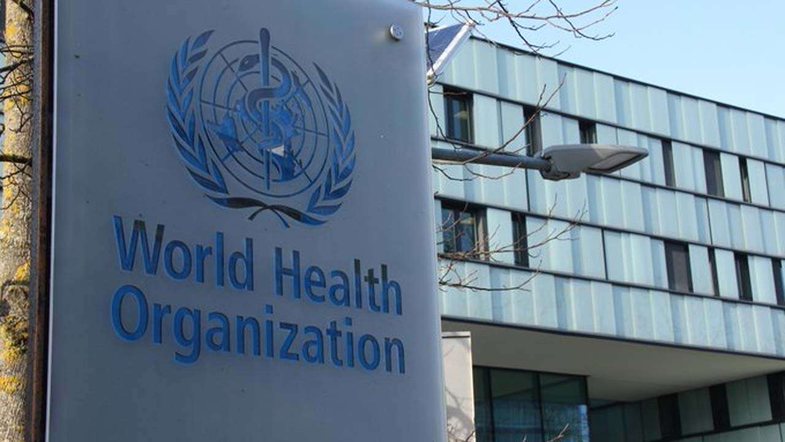
Only one subline of the Delta variant is now classified as "disturbing" by the World Health Organization (WHO), while the other two are not seen as problematic.
The B.1.617 virus, which first appeared in India, was divided into three subvariants, but the WHO said in the latest update that "it has become clear that greater public health risks are currently associated with B. 1,617.2, while lower levels of transmission of other lines were observed. ”
B.1.617.2 is the only one that remains categorized as a variant of concern.
The WHO said it continues to "significantly monitor the increase in transmission and an increasing number of countries reporting outbreaks related to this variant".
Formerly known as the Indian variant, it was renamed as the Delta variant.
The decision to move to this naming system came after months of discussions with experts in order to avoid discrimination against peoples where new variants appear. The WHO said the new designations do not replace existing scientific names that include numbers, Roman letters and periods, which convey important scientific information and will continue to be used in research.
The WHO named the four variants known to the public as the UK / Kent (B.1.1.7), South African (B.1.351), Brazil (P.1) and India (B.1.617.2) variants . They were given the letters Alpha, Beta, Gamma and Delta, respectively, to reflect the order of discovery. Each new variant will follow this pattern.





